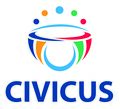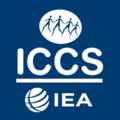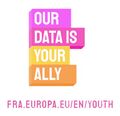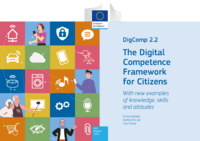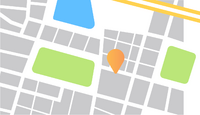Evidence and Data about Democracy, Human Rights, Media...
Organizations, academics and public bodies collect data and analyze the state of democracy, civil society, Fundamental Rights, the Internet or any other social development. Their data and reports inform and help democracy and human rights education practitioners in manyfold ways.
Reports and Data for Citizenship and Human Rights Education
Find here: links to reporting in regards to democracy, rule of law/human rights, civil society, media/press, Internet, environment, human development.
Democracy
Global State of Democracy Report
by IDEA - International Institute for Democracy and Electoral Assistance (IDEA)
Online & Download
Global Democracy Tracker
IDEA's monthly-updated online tracker of democratic developments
Online
Edelman Trust Barometer
by Edelman
Online
Human Rights
EU Fundamental Rights Reports
annual reports by the European Union Agency for Fundamental Rights (FRA) Download
EU Rule of Law Reports
annual reports by the European Commission
Download
Civil Society
CIVICUS Monitor
Tracking Civic Space. Online tool providing data from CIVICUS.
Online
Civil Society Sustainability Index
by USAID - United States Agency for International Development
Download
Media
Freedom of Press Report
by RSF - Reporters without Borders
Online
Digtal News Report
by Reuters Institute for the Study of Journalism
Online
Mapping Media Freedom
by European Centre for Press and Media Freedom
Online
Internet
Internet Health Report
by Mozilla Foundation
Download
Internet Affordability Report
Alliance for Affodable Internet
Download
Desi.jpg
The Digital Economy and Society Index (DESI)
by EU Commission
online
Environment, Development
Ecological Threat Report
by Vision of Humanity/Institute for Economics and Peace (IEP)
Online & Download
Climate Change and Human Rights Reports
by the UN OHCNR/Human Rights Council
Download
Human Development Index & Report
by UNDP - United Nations Development Programme
Online & Download
Education
International Civic and Citizenship Education Study
by International Association for the Evaluation of Educational Achievement
online
European Skills Index
Composite indicator measuring the performance of EU skills systems
online
Skills-OVATE
Jobs and skills employers demand based on online job advertisements (OJAs)
online
OECD Skills Outlook
by OECD
online
PIAAC
OECD programme for the International Assessment of Adult Competencies
online
PISA
OECD programme for International Student Assessment.
online
European Data
Browse listings for surveys, datasets, and visualizations on a breadth of topics:
FRA data and maps
by the European Union Agency for Fundamental Rights (FRA)
online
Our Data is our Ally
Data on the experiences of young people by FRA
online
Eurostat
by the statistical office of the European Union
online
We are constantly updating this collection. Please contact us for further proposals.
Please note: Different terms of use and copyrights are attached to the sources. Please inform first, to what extent you might share or re-publish them.
What to do with data?
- Data and recommendations from the reports or public data platforms can be used directly in learning units within a workshop as sources of information.
- Furthermore, they can also be considered as material that participants or organizations can work with further in their materials or texts.
- Participants can also use them to create visualizations, such as maps or infographics.
- In advocacy for democracy and human rights, the data these reports provide is increasingly important today.
Dealing with data and reports is a foundation for data literacy, which is in demand beyond the group of data specialists in today's data-driven society. The informed use and analysis of data provides insight into ongoing developments in society, e.g., how discourses develop in social media and which groups are gaining influence in public discourse. Population statistics, traffic or environmental data inform citizens about developments and problems in their community. Data provide also evidence about socio-political issues and justify or falsify assumptions, as such contributing to critical and systemic thinking. Initiatives, NGOs and educational institutions also use data for their own purposes. They help them to measure and present their impact in reports or to present their case in an evidence-based way.
Information and data literacy
DigComp: Information and Data Literacy
Information and data literacy is a core competence identified in the DigComp competence framework and in others. It includes:
Browsing, searching and filtering data, information and digital content
- To articulate information needs,
- to search for data, information and content in digital environments,
- to access them and to navigate between them.
- To create and update personal search strategies.
Evaluating data, information and digital content
- To analyse, compare and critically evaluate the credibility and reliability of sources of data, information and digital content.
- To analyse, interpret and critically evaluate the data, information and digital content
Managing data, information and digital content
- To organise, store and retrieve data, information, and content in digital environments.
- To organise and process them in a structured environment
Books & Web
Apps and Tools
Data and Reports
Privacy Protection
Ask for a Copy
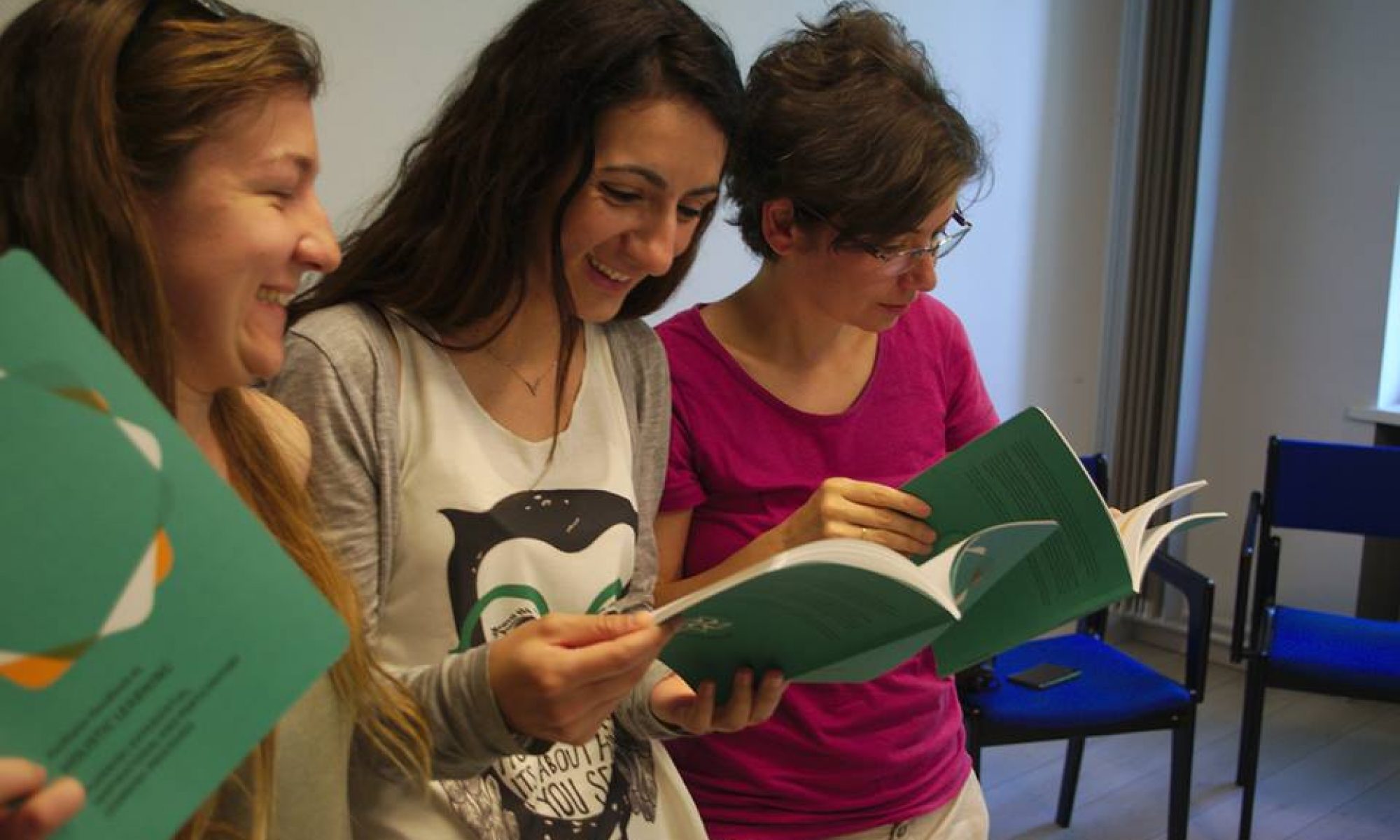
Write to:
office.at.dare-network.eu
Download: Banner
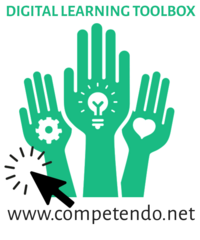
Support

This toolbox has been produced with the financial assistance of the European Union. The contents of this document are the sole responsibility of the implementing partner organisations and can under no circumstances be regarded as reflecting the position of the European Union.










